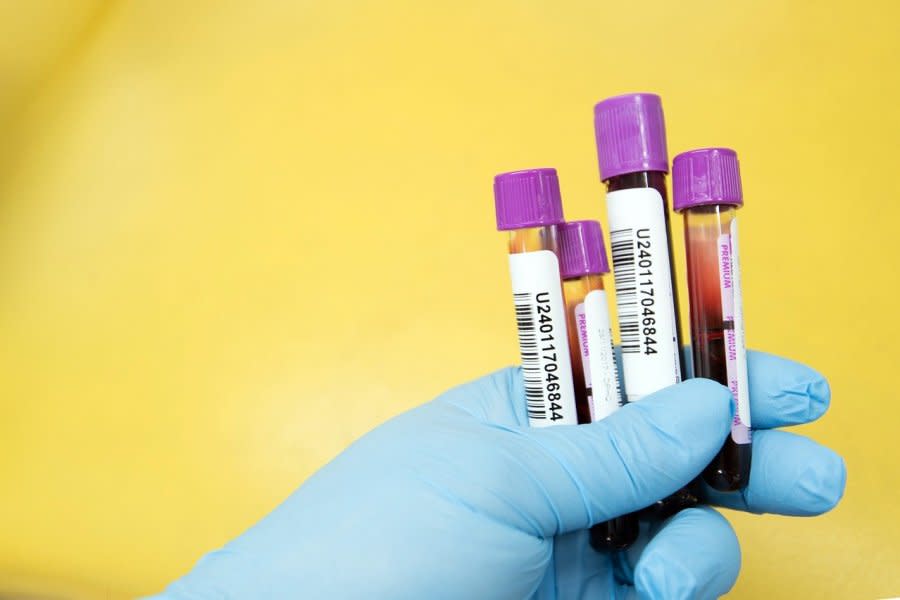Panel recommends blood test to detect colon cancer for FDA approval

May 23 (UPI) -- A panel of U.S. Food and Drug Administration advisers on Thursday recommended approval for a new blood test to detect colon and rectal cancer despite concerns over the test's accuracy.
California-based biotechnology company Guardant Health applied for FDA approval of its blood test called Shield, which is used to screen for early signs of colorectal cancer.
The FDA advisory panel voted 8-1 that the test is safe for people who meet the criteria for testing, 6-3 that the test is effective and 7-2 that the benefits of the test outweigh the risks.
Panelists raised concerns that Shield is not as accurate as colonoscopy screening.
In a study of nearly 8,000 patients, Shield detected 83% of cases of colorectal cancer. The test detected 88% of stage I, II or III colorectal cancer cases and around 13% of precancerous tumors called adenomas.
Comparatively, Exact's stool-based Cologuard test had 92.3% sensitivity rate, according to the FDA.
Panelist Dr. Sean Spencer said he voted yes to advance Shield with the indication that testing should be used for "asymptomatic individuals for the detection of colon cancer."
"I think in the labeling, it should clearly indicate that this is not to detect adenomas and it is not designed as a preventive strategy," Spencer said.
Panel member Dr. William Brugge said he thinks the test is safe but not effective.
"My primary concern here is that I don't think Shield is a particularly good screening test for colon cancer," Brugge said, adding that he thinks "many of the other existing tests" are better.
The FDA will review the panel discussions and voting outcomes in deciding whether or not to approve the test.
If approved, Shield will be the second-blood-based test for colon cancer in the United States, after Epigenomics' Epi proColon, which received approval in 2016.
Dr. Craig Eagle, chief medical officer at Guardant Health, said it also would be the first blood-based test for colorectal cancer that qualifies for Medicare reimbursement.
Colonoscopy is considered the most accurate way to test for colorectal cancer, as it can detect lesions or polyps in the colon or rectum, whereas a blood test cannot. Many people, however, skip screening because the process is invasive.
Robert Smith, senior vice president of early cancer detection science at the American Cancer Society, argued that blood-based tests like Guardant Health's Shield can "significantly" reduce the incidence rate of advanced cases, even if they have a lower detection rate.
"Most people would like to see a blood-based option that was more accurate with respect to finding precursor lesions in addition to cancers," he said. "But the rather remarkable thing about colorectal cancer screening is that people vary in their readiness to do one test or another. You have to give people a choice."
Panelist Charity Morgan, a biostatistics professor at the University of Alabama, Birmingham, said the test "is better than nothing for patients who are getting nothing, but it is not better than a colonoscopy."
Guardant argued that, because its test can be used easily and frequently, there is a higher chance that dangerous polyps can be detected, even with the test's lower detection rate.
About 150,000 Americans every year are diagnosed with colon and rectal cancers, and over a third of those cases are expected to be fatal.
Dr. Jamin Brahmbhatt, a urologist and robotic surgeon with Orlando Health, wrote in a CNN opinion piece in March that only about 60% of eligible people eligible stay up to date with recommended cancer screenings.
Regarding blood-based tests, Brahmbatt said, "The hope is, once approved by the U.S. Food and Drug Administration, this blood test would increase screening for colorectal cancer."


